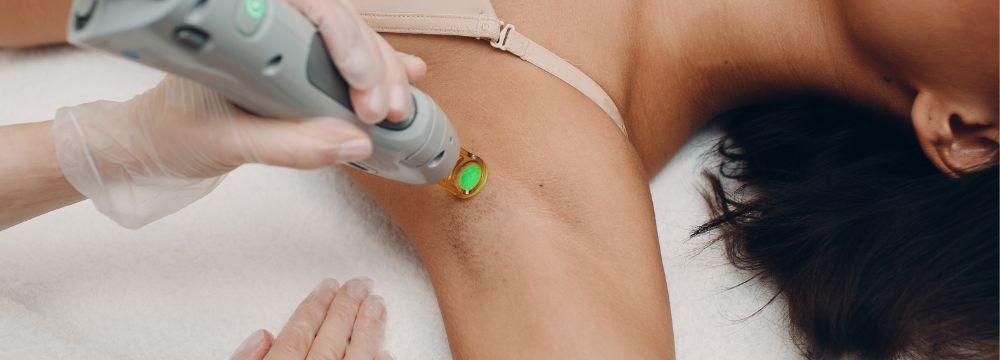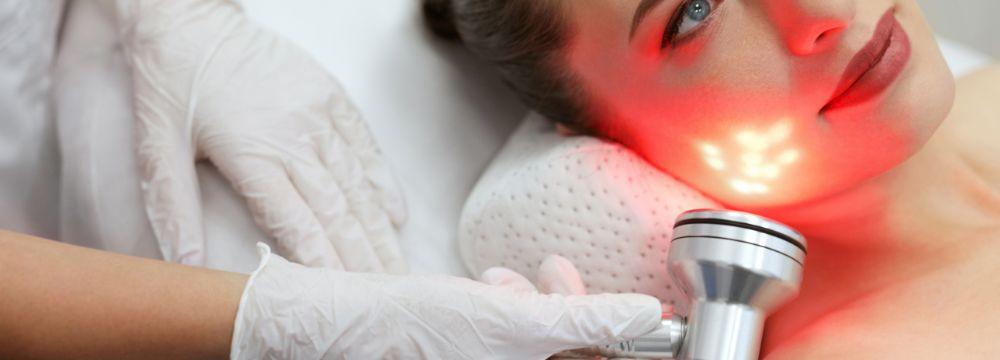Vitamins & Minerals That Make Your Skin Glow
With all the advances in skincare, both on the medical and aesthetic levels, we know that inflammation is one of the skin’s greatest enemies. Research has established that controlling inflammation promotes youthful, glowing skin, and this can be achieved, in part, by choosing the right vitamins and minerals. These nutritional superstars work alongside a comprehensive skincare regimen with the goal of preventing accelerated aging. Inflammation is tantamount to aging as it directly influences wrinkles and sagging, lifeless skin.
Vitamins and supplements can be skin-friendly when consumed appropriately and ideally through a proper diet.
Vitamin A
Vitamin A is essential for healthy skin as an antioxidant. Without it, skin can become dry, itchy, and bumpy. The most common topical form of this vitamin is Retinol which encourages cell turnover and reveals a new healthy layer of skin. Vitamin A-rich foods include dark leafy greens and yellow fruits and vegetables like mango, squash, cantaloupe, and carrots.
Vitamin C
Vitamin C is a collagen producer and has even been touted as having cancer-fighting properties. It is a critical ingredient in many anti-aging skin treatments for skin dryness, wrinkles, redness, and age spots. Taken orally, it helps the effectiveness of sunscreens and fends off aging by helping heal damaged skin. Most of us get plenty of Vitamin C, but some foods that can increase collagen production include Brussels sprouts, apples, pomegranates, cranberries, and beets.
Vitamin D
Vitamin D is another skin superstar. Exposure to the sun for about 10-15 minutes per day (not at peak hours between 10:00am – 2:00pm) synthesizes Vitamin D as the skin absorbs UV rays. The rule of thumb is always to use protective sunscreen of at least 30 SPF when exposed to sunlight, but you can speak to your dermatologist about how best to balance your Vitamin D needs with skin cancer prevention. Vitamin D is also important to skin tone as it reduces the amount of inflammation and irritation. This powerhouse vitamin is hard to get in food, so supplementation may be necessary.
Vitamin E
Vitamin E is a potent antioxidant helping protect the skin against sun damage. Usually, the body produces it adequately, but deficiencies are a problem. Vitamin E absorbs harmful UV rays from the sun when applied to the skin and helps prevent dark spots and wrinkles. Topical products that contain both vitamin C and E can be skin friendly. Good food sources include fatty fish, salmon, sardines, dark leafy greens, eggs, legumes, avocados, and one of the most potent anti-inflammatory foods: extra virgin olive oil.
A note on olive oil: Even Socrates, thousands of years ago, touted the incredible effects of this oil. It can lower bad LDL cholesterol and raise the level of HDL despite being high in saturated fat. The Journal of American Medical Association praises its properties, and the Harvard School of Public Health suggests that it protects the heart and cardiovascular system while also promoting radiant skin.
Hydroxytyrosol, a potent antioxidant – even more so than Vitamin E – is found in many olive oils. This compound slows the skin’s aging process and contributes to healthy hair and nail conditions. First-press olive oil is the best.
Vitamin K
This vitamin is essential for blood clotting, which assists the body in healing wounds, bruises, and areas of surgery procedures. Topical Vitamin K creams are sometimes prescribed to reduce swelling and bruising after surgical procedures.
Your Skin Routine
Of course, skin beauty begins with washing daily and exfoliating weekly with fragrance-free soap, using moisturizers containing Vitamins A and C at night as daylight weakens antioxidant vitamins. Further pamper your skin by eating lean protein and unsaturated fats, taking vitamin and mineral supplements when necessary, and plenty of water.
As with any new regime, consult with your medical team and dermatologist to prevent adverse effects. For example, fish oil and Vitamin K should not be taken if you are on blood thinners or have a weakened immune system. Further, vitamins are either fat or water-soluble. For example, Vitamins A, D, E, and K are fat soluble, stored in the liver, and used very slowly, making them potentially toxic if overused. B-complex and C are water soluble, used quickly, and not stored by the body, making them somewhat less concerning.
In the end, a proper skincare regime also promotes overall health, and we encourage you to speak to our dermatologists about the next best steps for you.




